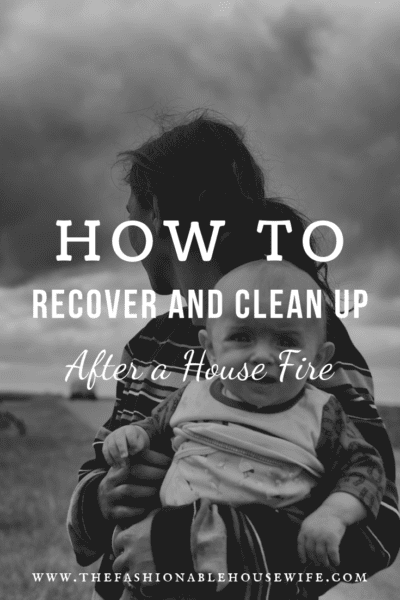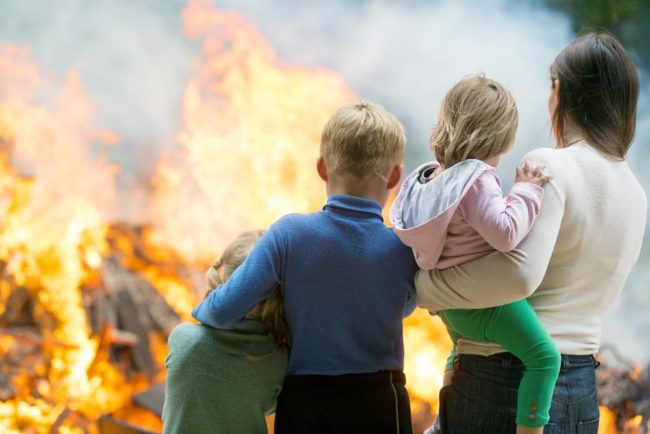
For many homeowners, the idea of a house fire is their worst nightmare come true. However, it’s not always the flames themselves that are the hardest thing to deal with. Once the flames are extinguished and the smoke clears, the recovery work begins. It’s often challenging to know where to start after a house fire.
Assuming that your homestead was not a complete loss and it can be cleaned up and repaired, there are some important steps to take to ensure that everything is handled appropriately and that there aren’t any further damage or injuries. You can recover — it just takes time and an organized approach.
Assess the Damage
The most important thing to remember after a house fire is that you should never enter your home until the fire department says that it is safe to do so. There could be hot spots for up to several days post-fire as well as structural damage that could lead to injuries. You may be eager to get in and retrieve personal belongings and assess the damage, but do so with caution.
While you wait for the all-clear (which may not happen if the damage is too extensive) contact your insurance company to report the fire and determine the next steps. You will likely need a copy of the fire report, the fire department’s official record of the fire and determination of the cause. You should also contact your utility companies to report the fire, so they can disconnect service if it hasn’t already been turned off.
Your insurance company will likely help you arrange to secure and clean up the damage. Fire-damaged homes are a target for looters and thieves, who may assume that the home and its contents have been abandoned. Your insurance company or the fire department can recommend a company that specializes in post-fire cleanup who will board up damaged windows, secure doors and temporarily address structural issues to prevent further damage (such as water coming in through holes in the roof) and allow fire professionals to assess the damage.
If it is safe to enter your home, you will need to assess everything, documenting the damage, identifying items that need to be replaced and determining what can be saved. Take photographs and detailed notes about the scene, and remove anything that is irreplaceable. Ideally, important documents like passports and birth certificates should be kept in a fireproof box, but if those items burned, begin the process of collecting replacement documents as soon as possible.

Cleanup and Recovery
It’s likely that some of your
In some limited cases, you may be able to clean up yourself — after a minor kitchen fire without structural damage, for instance. However, this must be done carefully and thoroughly to get rid of all the odors and smoke and to prevent future problems from smoke, soot, mold and mildew. In any case, expect to replace at least some of your possessions and in extreme cases, to rebuild some of your home.
Above all, don’t forget to take care of yourself after a house fire. It can be traumatic for the whole family, including your pets. It’s likely that the event will cause some anxiety or other issues for some time



